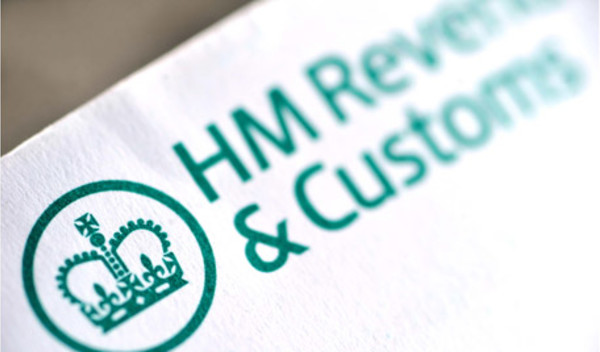

The government has been accused of hiding figures in the small print after it emerged pensioners paid £4.4bn more in income tax on their pensions in 2016-17 than had previously been expected.
In its pension tax relief data published on Tuesday (April 30), HM Revenue & Customs stated in a footnote that the calculation of tax being paid by pensioners has changed.
Instead of using a sample survey, the figures are now based on real time information supplied by pension schemes.
This means that the taxman has corrected its own figures on pensioners’ income tax from £13.5bn to £17.9bn.
These figures are relevant because they affect the government's estimation of the tax relief it has given.
Pensions tax relief reflects the net cost of tax relief on pension contributions and any investment growth within pensions, minus the tax paid on payments from pension schemes to those accessing their pensions that year.
Analysis by Royal London showed the methodology change means that the overall cost of pension tax relief – at £38.4bn in 2017-18 according to the new rules - is more than £5bn lower than previously thought.
Sir Steve Webb, former pensions minister and director of policy at Royal London, called it "outrageous" that the government has "sneaked out these massive revisions to the figures" without any comment.
He said: "It turns out that pensioners are paying more than £4bn extra in tax on their pensions than the government previously admitted.
"It is clear that pensioners who have worked hard and saved hard are putting billions extra back into the economy through the tax on their pensions.
"The revised figures also show that the cost of tax relief on pension contributions is much lower than thought. The Chancellor must now revisit any thought of cutting help for pensions in the Budget later in the year."
The Chancellor of the Exchequer Philip Hammond said last week that the current pension tax reliefs are "extraordinarily generous and are among the most expensive elements of tax relief in the system".
However, Michael Johnson, research fellow at the Centre of Policy Studies, who first alerted to the discrepancy, said the difference was irrelevant, since with the current system "most of the tax relief goes to the wrong people".
He told FTAdviser: "I agree with the Chancellor’s sentiment because tax relief is so inequitably distributed.
"The highest paid 15 per cent of the population get roughly 70 per cent of all tax relief, and they are the people in least need of an incentive to save.
"Tax relief is expensive because it is so ineffective in terms of catalysing a savings culture amongst those who we really need to encourage: the lower paid."
Mr Johnson argued that it would be far better to disconnect the incentive from tax-paying status.
He proposed a 50 per cent bonus on the first £2,000 saved, then a 25 per cent bonus on the next £6,000 saved, irrespective of tax-paying status, on individual and employer retirement savings contributions. All contributions would be made from post-tax income, he said.
He noted that this method would effectively introduce a cap of £2,500 on the total bonus that any individual could receive in one year, and provide a total annual incentivised savings capacity of £8,000 plus £2,500 in bonuses, "more than enough for almost everyone".
Mr Johnson said: "This approach would be to particularly encourage the most reluctant savers, including those who may find it hardest to save anything at all."
An HM Treasury spokesperson said: "We want people to save into a pension, which is why we offer tax relief on the contributions made.
"This new data gives us a more accurate picture of how the relief is working and shows that pensioners are receiving more payments from their private pension savings than previously estimated.
"The full cost of pensions tax and national insurance contributions relief, £54bn, has not changed."
Ricky Chan, director and chartered financial planner at London-based IFS Wealth & Pensions, agrees with Sir Steve.
He said: "Such large deviations from the actual and estimated figures, for both the income tax receipts and tax relief, should prompt the government to review whether their policy towards pensions is actually working to give long-term benefits to society (rather than simply fill up the government’s coffers).
"Of course the policies were designed to raise tax receipts, but is this creating previously unforeseen issues to society?"
maria.espadinha@ft.com



